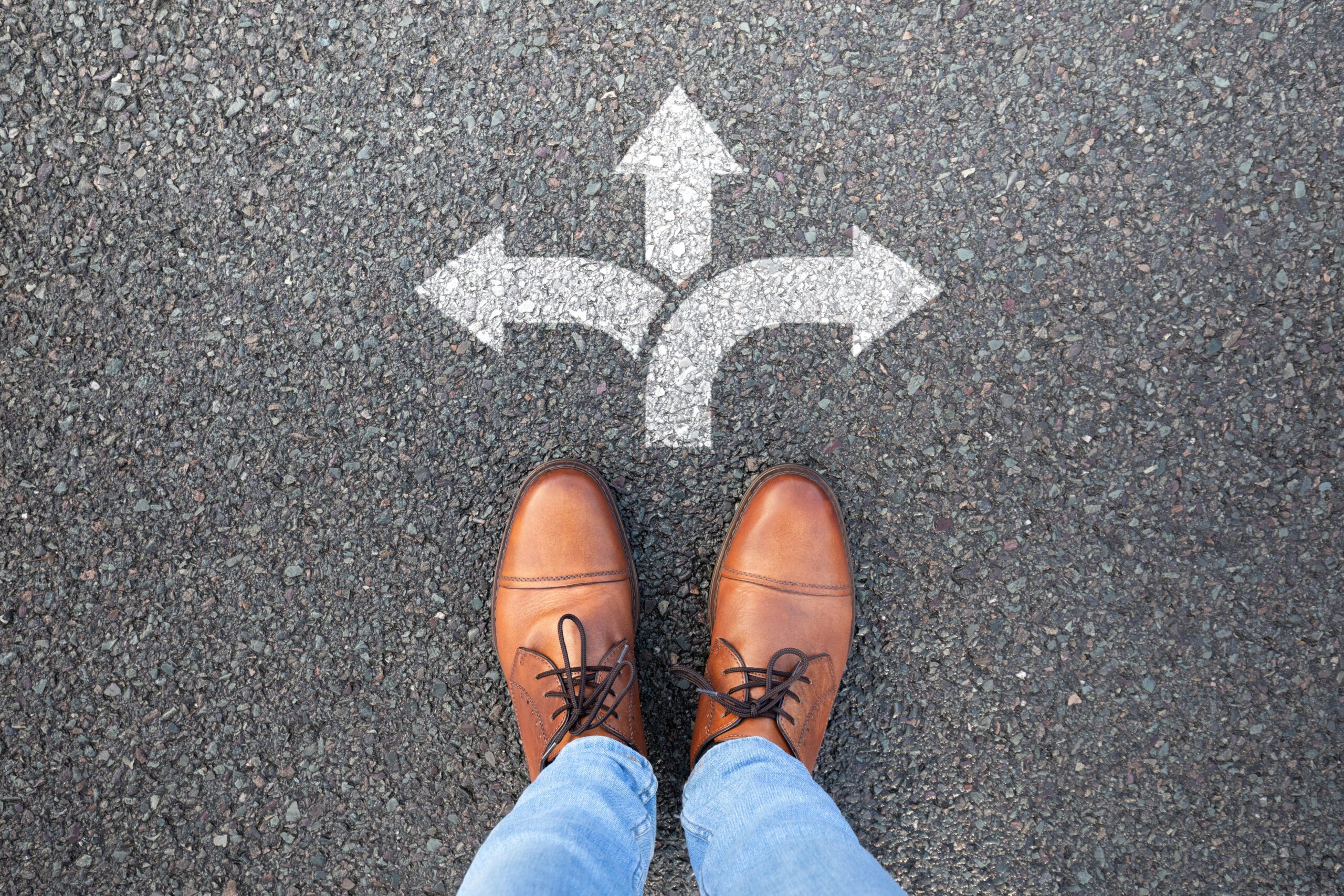Greek philosopher Heraclitus once said: “The only constant is change.’”
That wisdom is still true today.
We’ve all experienced change throughout our lives, simply through navigating adolescence into adulthood. But also, through the external world – changes in technology, in the social fabric of society, in the organisations and communities we exist within.
And this was the focus of our second instalment of moneyfit Talks during Te Wiki o te Reo Māori (Māori Language Week).
enable.me Workplace Expert Karla Byrnes hosted Navigating Uncertainty: Strategies for Workplace Wellbeing During Change in conversation with Leadership and People & Culture Consultant Tipu Ngapo.
It’s a timely topic, with leading New Zealand HR firm, Tomorrow’s People, identifying “Large Scale Change” and “Digital Transformation” as two of three dominant themes reshaping the HR Landscape in 2025.
They also found a “whopping 85% of organisations in New Zealand are planning major changes to how they operate in the coming year.”
With only 23% of employees feeling confident in their leaders’ abilities to lead change, this represents a challenge for New Zealand businesses and employers.
Karla and Tipu explored these themes in the 30-minute webinar – we bring you a few of the insights they shared below.
It’s a VUCA world out there
VUCA is a phrase that rose in popularity during the COVID-19 pandemic – it describes the world as filled with Volatility, Uncertainty, Complexity, and Ambiguity.
Tipu introduced this concept, saying a VUCA environment “applies to now because we have at the moment a very challenging and rapidly changing world… there’s constant change professionally and personally.”
How do we deal with this in the workplace?
Tipu emphasises how we navigate this uncertain environment is likely going to determine our level of success.
With significant innovation and development happening in the technology space with AI and automation, it’s important to stay connected to your team and for your team to stay connected to each other.
Karla acknowledges that a lot of workplaces are looking at having more time in physical office spaces as a result of this feeling.
The first place to start, however, is with the strength and resilience of your team.
Start with your team
Karla shares the uptake of AI and automation signals a cultural shift in work and the changes needed around “reskilling, workforce agility, and just how that impacts people’s jobs.”
Plus, Tipu and Karla acknowledge that in the past there may have been only one change, or a small number of changes at once in a workplace, whereas now we are dealing with much more widespread change across all business sectors.
Tipu says to think about the mindsets of your team when beginning to navigate the changes.
“I think if I take a step back and look at it, what is it that people fear?” he says, “It’s not necessarily ‘change’. It’s what change represents for them, and that’s loss in some way.”
By loss, he explains loss of connection with colleagues, of familiar processes, of regular customers and clients and client-facing services. Things that people may find brings them joy in their workday.
“So, it’s the perceived loss that I think is what is traumatising and hard to adapt for people,” Tipu acknowledges.
But there are plenty of change models that can help prepare People & Culture teams and HR leaders for these VUCA times.
The 4 stages of change within the workplace
Tipu shares a framework he uses to think about organisational change and how to navigate it.
In his model, there are four stages to implementing change.
1. Status Quo
It’s the Business As Usual (BAU) everyday work, everyone getting on with the tasks they feel confident in that makes up the first stage of the model.
Tipu says, “it’s predictable. Systems are stable. You know? And results are steady. And the danger with that is that people often say ‘that’s what success is’. They sometimes mistake that for success, but I think it’s actually the comfort zone.”
2. Disruption
Then comes the second stage: disruption. This is where most businesses are sitting at the moment – with some form of change happening.
Tipu shares that this is often the “hardest stage” where morale and performance dips due to the uncertainty and sudden changes – whether it’s an imposed change or a planned change.
He says, “I think what is helpful here is to normalise the dip. And to normalise the dip, what you need to do is help your teams through it.”
3. Adoption
This third stage is when your people begin to adopt the change and adapt to it. They become more clear-eyed and solution-focused, looking at the positives as well as any issues brought up during the system changes.
Tipu points out that leaders have an effectual role in this adoption stage – saying “the thing that leaders need to do is model the behaviours and provide clarity and feedback as often as they can.”
Because, as Sue Kohn-Taylor also shared in our first instalment of moneyfit Talks, if you leave gaps in understanding with no clear context your employees will make up their own, which is a culture risk.
4. Innovation
The final stage is one that Tipu says some organisations never end up at – but is the most valuable: innovation.
This is when the organisation begins to embed the changes that have been made and really master them.
He says, “generally speaking, if you’ve done that well, the results will surpass the status quo.”
The aim of change isn’t just to change for no reason, it’s to improve, evolve and innovate. So, this final stage is the optimum outcome for organisations, HR leaders and People & Culture teams navigating these changes in a challenging environment.
Watch the full second instalment of moneyfit Talks




